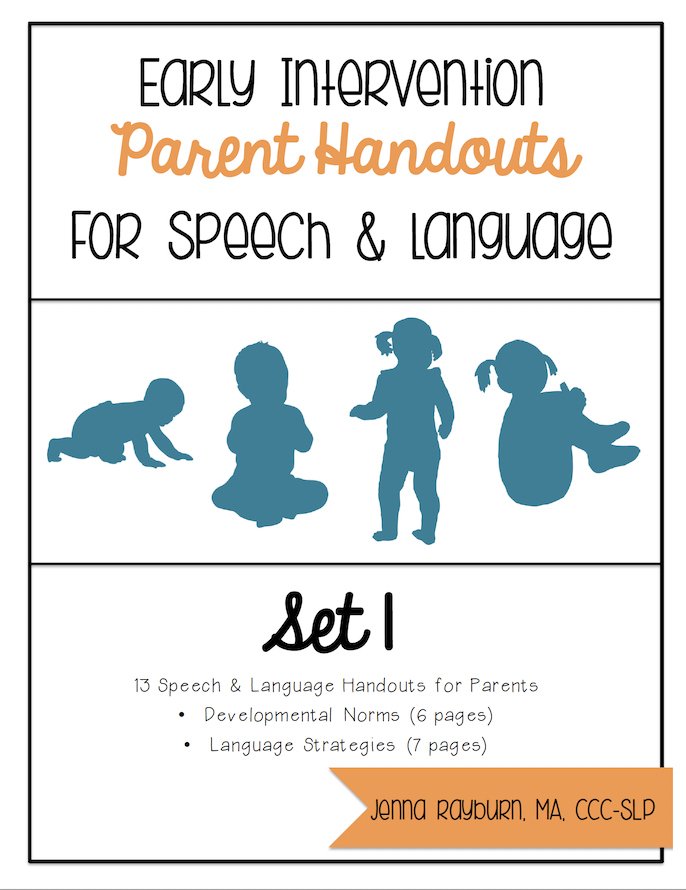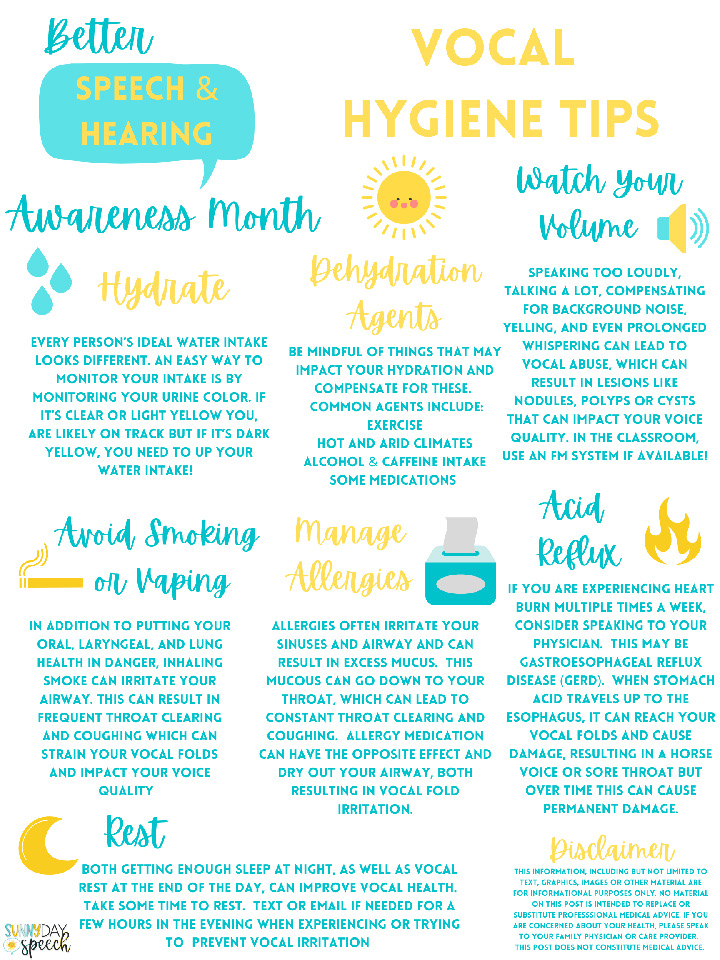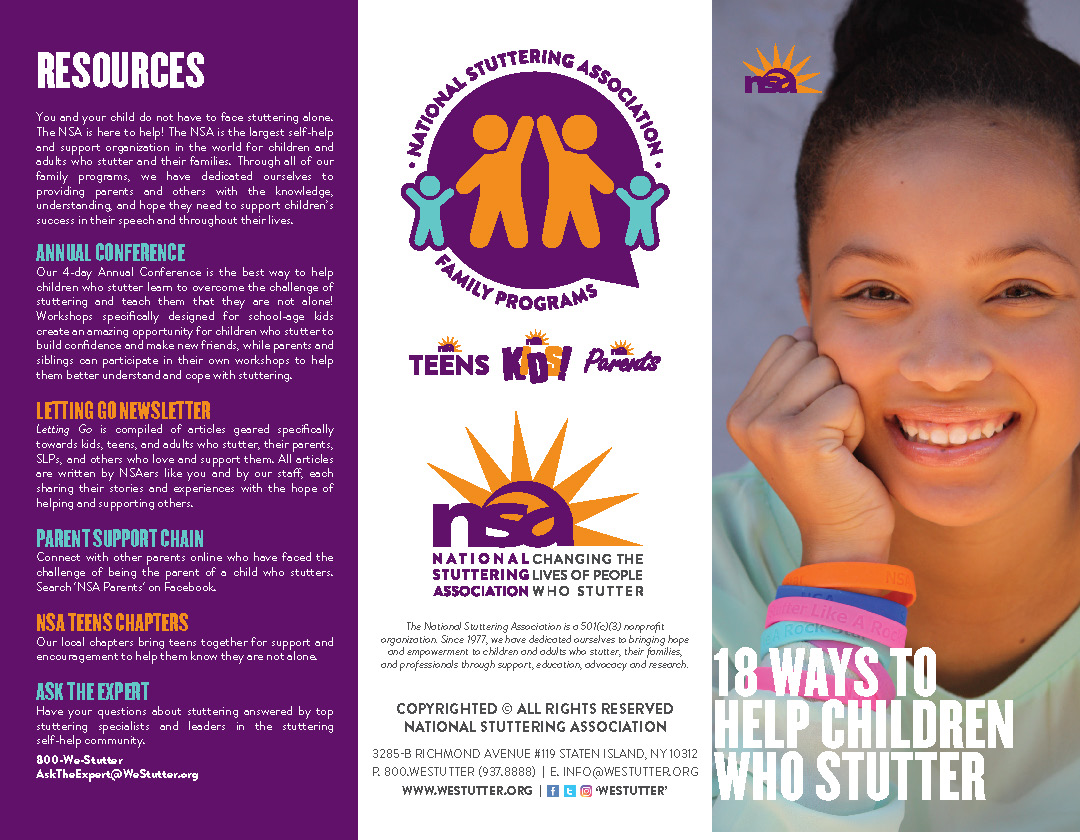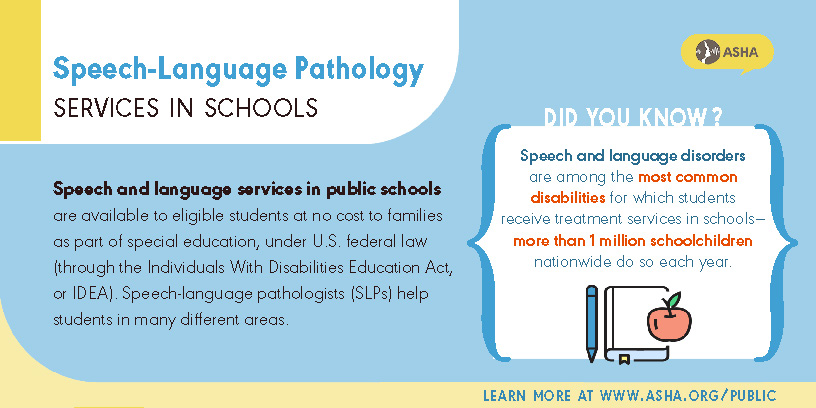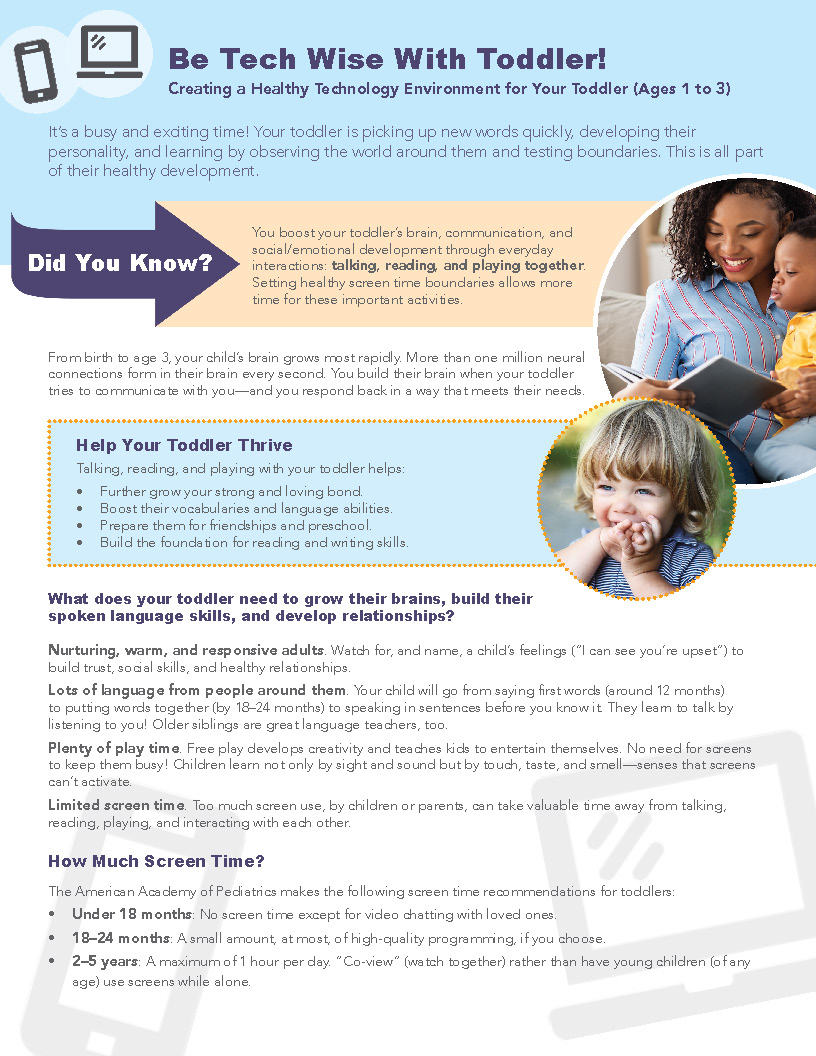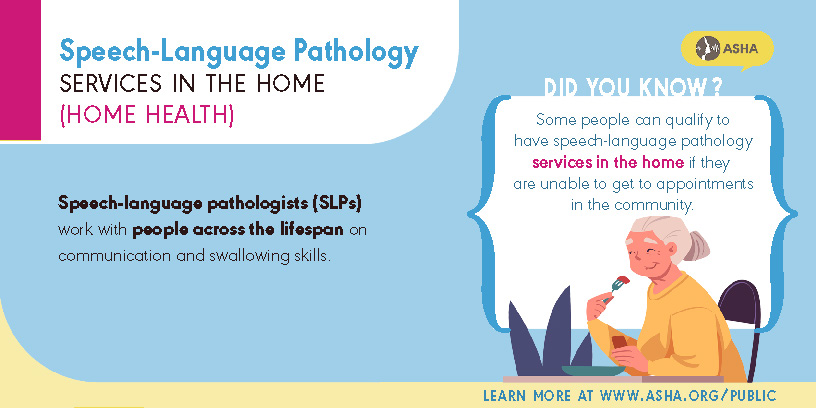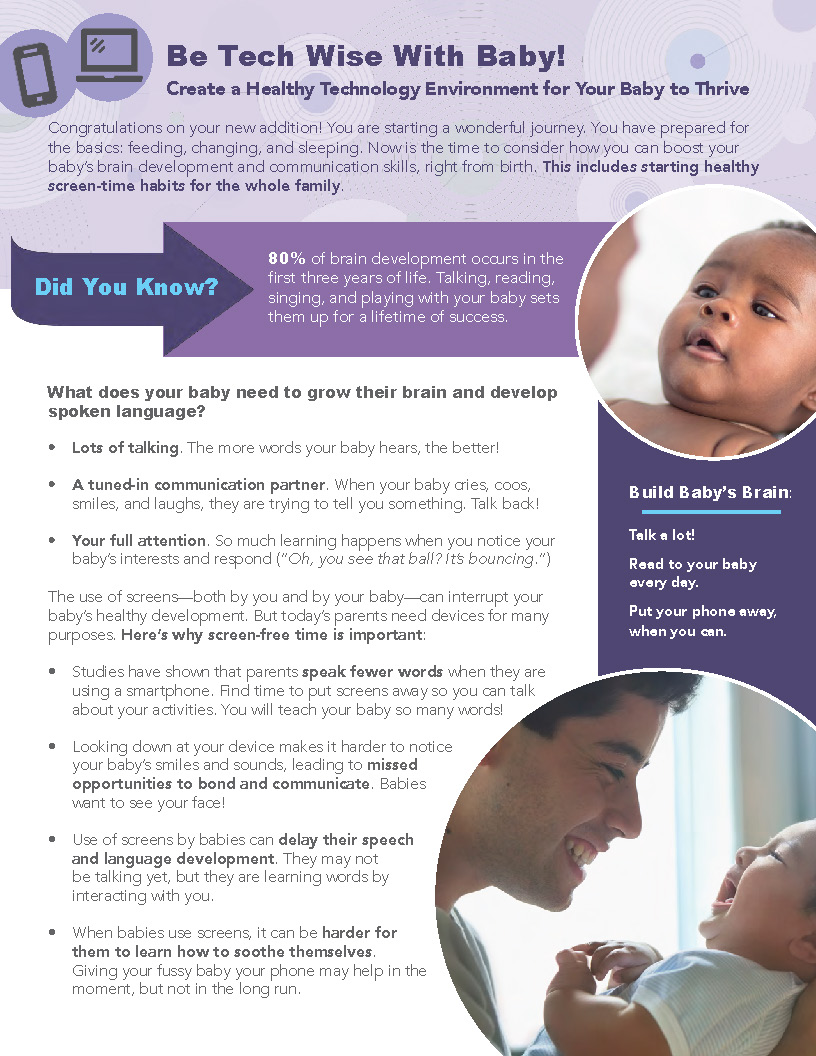Children may face various language and communication difficulties. This is where Specialized Therapy Services (STS) comes into play. Our Speech Language Pathologists (SLP’s) are here to help your child with any communication deficits they may face.
Our speech language pathologists work to prevent, assess, diagnose, and treat speech, language, social communication, cognitive-communication, and swallowing disorders in children.
Although people often think of speech and language as the same thing, the terms have very different meanings.
- If your child has trouble with speech, he/ she struggles with the “how-to” of talking—the coordination of the muscles and movements necessary to produce speech.
- If your child has trouble with language, he/she struggles with understanding others, or sharing thoughts, ideas, and feelings in a functional and appropriate way.
- Your child may struggle to find the right words and/or organize those words in a meaningful way to communicate a message or hold a conversation.
- Children may also have difficulty producing speech sounds correctly or fluently (e.g., stuttering is a form of disfluency) or have problems with his or her voice or resonance.
Our therapists also work with children who present with social communication disorders in which they have trouble with the social use of verbal and nonverbal communication.
These disorders may include problems communicating for social purposes, talking in different ways to suit the listener and setting, and following rules for conversation and story-telling.
Lastly, our SLP’s are equipped to work with children who present with:
- organizing thoughts
- paying attention
- remembering
- planning
- Cognitive-communication disorders
- and problem-solving.
Speech Language Services
The STS clinic offers speech and language services with an emphasis on the following:
- Autism Spectrum Disorder
- Receptive and expressive language
- Auditory processing Disorder
- Learning disorders
- Motor speech, including apraxia and dysarthria
- Social/pragmatic language
- Articulation, phonological, and oral motor concerns
- Voice disorders
- Augmentative and alternative communication
- Visual perception awareness
Through evidence-based methods, our SLP’s will incorporate fun and effective activities that are designed to address the specific needs of your child.
We believe that there is no one “right method” for treatment. Rather, we connect the various cognitive processes (sensory, vestibular, attention, and language) to ensure positive growth and lasting change.
Group Therapy for Pragmatic/Social Language
Pragmatic/Social Language refers to a how a child interacts with other people.
Many different skills fall under this umbrella, such as initiating and maintaining conversation, gaining attention, asking for clarification, and understanding other people’s point of view.
It is important to take into consideration the diversity of the populations we serve to provide respectful and empathetic therapy.
Pragmatic language therapy focuses on:
- Self-advocacy, self-determination, and body autonomy
- Perspective taking noting that client, family, therapists, and peers’ perspectives are valid
- Acceptance training for neurotypical people
- Double Empathy – understanding the disjuncture in reciprocity between communication partners who hold different norms and expectations of each other
- Interoception awareness for self-regulation, self-awareness, and problem solving to teach how to recognize that body sensations correlate to internal feelings with the assistance of occupational therapy
- Figurative language skills such as metaphors, similes, personification, hyperbole, symbolism, and sarcasm
- Building upon client’s strengths for increased shared engagement
Language Supports to Help
– Foster friendships
– Understand language differences among people
– Incorporate special interests to improve interaction and conversation
– Learn strategies to repair communication breakdowns
– Learn to self-advocate for what child needs
How Can Specialized Therapy Services Help?
Speech intervention can help your child:
- Learn how to engage appropriately with others during play, conversation and in interactions.
- Maintain friendships with peers.
- Learn how to respond appropriately during interactions with familiar and unfamiliar individuals
- Develop an understanding and awareness about social norms and to master specific social skills (e.g. taking turns in a conversation, using appropriate eye contact, verbal reasoning, reading body language and understanding figurative language).
*Individual and group therapy sessions available*
Better Speech and Hearing PDFs
May is Better Speech and Hearing Month. Download The Forms Below

